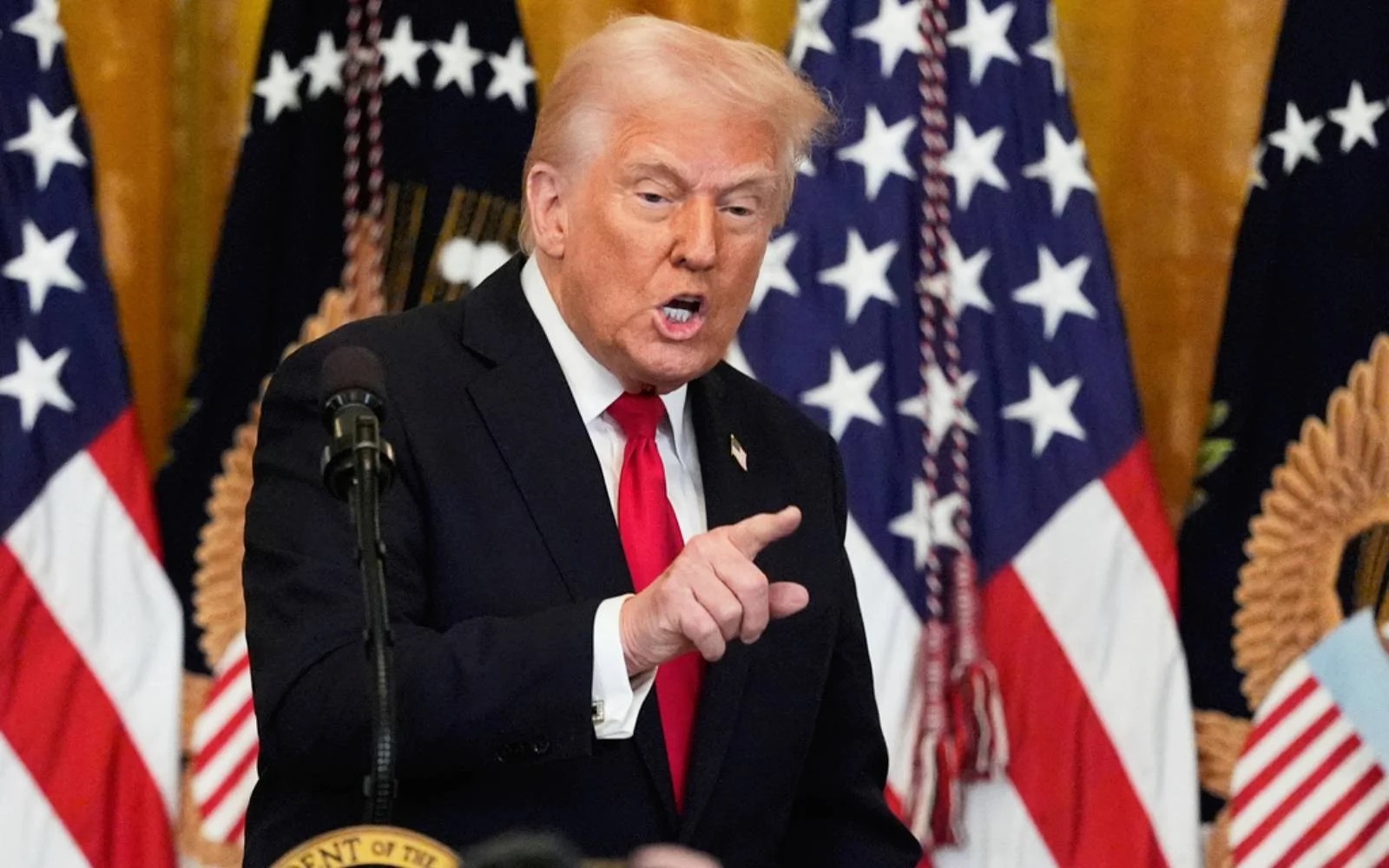
President Donald Trump has launched a multifaceted campaign against elite institutions, targeting Ivy League universities, top law firms, and the global bureaucracy. During his tenure, Trump utilized executive authority to dismantle established orthodoxy concerning American global leadership and the international trading system. Political capital wiped out, his administration has attempted to walk back on the controversial mass deportations. They argue that national security justifies these actions, calling it an invasion from Venezuela. This article goes deeper into the context of Trump’s waging of these strategies and what they have meant for American society and governance.
Assault on Ivy League and Intellectualism
Such an approach was implicit in Trump’s politics, which have always had an undercurrent of anti-intellectualism, as evidenced by his war on Ivy League universities. During his tenure, Columbia University established the harsh restrictions. These demands included restricting protests and revisiting the academic curriculum on the Middle East. This administration prohibited students from wearing masks during protests and increased the criminalization of activism on campus.
Trump’s choice of Linda McMahon as Secretary of Education is the clearest confirmation yet that he’ll continue this war on education. McMahon’s lack of experience in the field raised questions about the administration’s priorities in educational policy. In defense of the Department of Education’s role, McMahon stated:
“The Department of Education does not educate one child. It does not establish any curriculum in any states. It doesn’t hire teachers. It doesn’t establish programs.” – Linda McMahon
Legal and Administrative Challenges
Trump’s use of executive authority even went so far as to threaten America’s top law firms, which he claimed were colluding to remove him from the presidency. Brad Karp, a representative of one such firm, remarked on the administration’s aggressive tactics:
“It brought the full weight of the government down on our firm, our people, and our clients.” – Brad Karp
Beyond undermining faith in legal institutions generally, Trump made the remarkable claim that only the judges he appointed were fit to rule on questions of his administration’s policy. This claim has rung alarm bells across the nation, warning that the foundational structures of our legal system are slowly being eroded.
This Trump administration revenge against political opponents was a marquee campaign pledge for trump and illustrative of his plans to upend bureaucratic norms and institutions. Whatever his true reason for doing so, his arbitrary actions have generated justifiable condemnation. Many think he is subverting the very basics of American democracy.
Economic and Global Leadership Initiatives
It was dramatic action that remade America’s place in the global economy. He proposed or implemented tariffs that set out to blow up the entire international trading system. He bravely swims against 80 years of elite consensus on American global leadership. This position has become a hallmark of his foreign policy strategy.
Concerns about Trump’s ultra-nationalist tendencies keep many up at night. His professed love for dictators and strongmen, such as Russian President Vladimir Putin, risks the entire multilateral world order that national security elites constructed in the aftermath of World War II.
National security arguments were similarly invoked to defend these mass deportations, which Trump referred to as aiding in the Venezuelan invasion. The administration continues to withhold basic information about who the deportations are targeting. Such a lack of transparency gives rise to grave concerns about the legitimacy and implementation of these actions.
What The Author Thinks
Trump’s strategies reflect a deliberate effort to destabilize core American institutions and upend long-standing political norms. His attack on education, the legal system, and global economic structures poses a significant threat to democratic values, and his disregard for transparency only intensifies concerns about the future of American governance.
Featured image credit: FMT
Follow us for more breaking news on DMR
